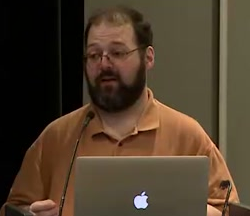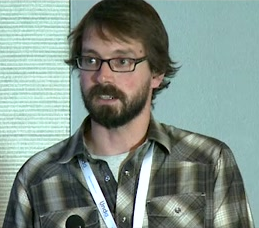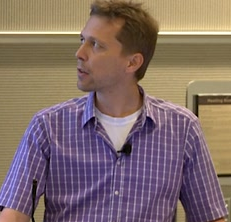Bitesize Modern C++: Uniform initialization--Glennan Carnie
Do you know how the uniform initialization?
Bitesize Modern C++: Uniform initialization
by Glennan Carnie
From the article:
C++98 has a frustratingly large number of ways of initialising an object.
(Note: not all these initialisations may be valid at the same time, or at all. We’re interested in the syntax here, not the semantics of the class X)
One of the design goals in C++11 was uniform initialisation syntax...

 Have you registered for CppCon 2015 in September? Don’t delay –
Have you registered for CppCon 2015 in September? Don’t delay –  Have you registered for CppCon 2015 in September? Don’t delay –
Have you registered for CppCon 2015 in September? Don’t delay – 
 Have you registered for CppCon 2015 in September? Don’t delay –
Have you registered for CppCon 2015 in September? Don’t delay –